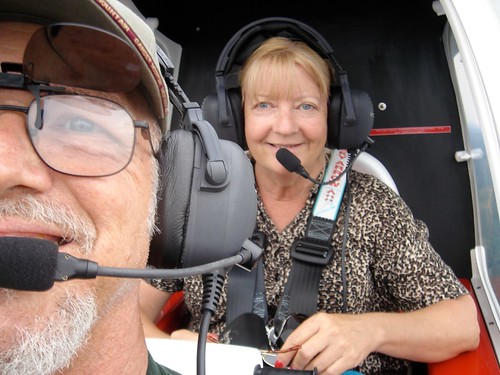Not really. A "large number of pilots" is still a small number of potential customers. I've seen companies walk away from much larger business segments(just ask anyone trying to buy homeowners insurance in Florida). I went to
HCC's(Avemco's parent) web site out of curiosity, and their total aviation writings is less than half of what just my branch(just one commercial segment in a regional office) writes. I'm guessing private pilots is just a small fraction of that. I've often wondered why the few companies that write us even bother.
It takes a lot of capital to run an insurance company, and companies will deploy that capital where they will get the best return. While it might feel good to think that they need us more than we need them, that may not be the case. They may just move on to a more profitable market - again, just ask homeowners in Florida.
Companies will not be forced to write pilots without medical screening. They will either
price the risk accordingly or decline; choosing to move on to the next applicant.
More likely IMO, they'll ask for additional underwriting information; which may include either an FAA medical(an established protocol), a questionnaire completed by a physician or a medical exam such as is already common for life insurance. To think that they'll simply accept the "new reality" without changing their strategy is a bit naive. I've been in this business for 35 years and I've watched my employers and others adapt to changes in the business environment. One thing's for sure - if safety is adversely affected by this change, you can expect the insurers to react quicker than the regulators.
BTW, I'm not trying to defend the insurance industry. Our sorry reputation is pretty well deserved....
 No doubt one can come up with all sorts of arguments like this, but the fact is the FAA is about to give pilots what they asked for. Take the money and run, and maybe if we don't screw it up, they'll give us more next time.
No doubt one can come up with all sorts of arguments like this, but the fact is the FAA is about to give pilots what they asked for. Take the money and run, and maybe if we don't screw it up, they'll give us more next time.

